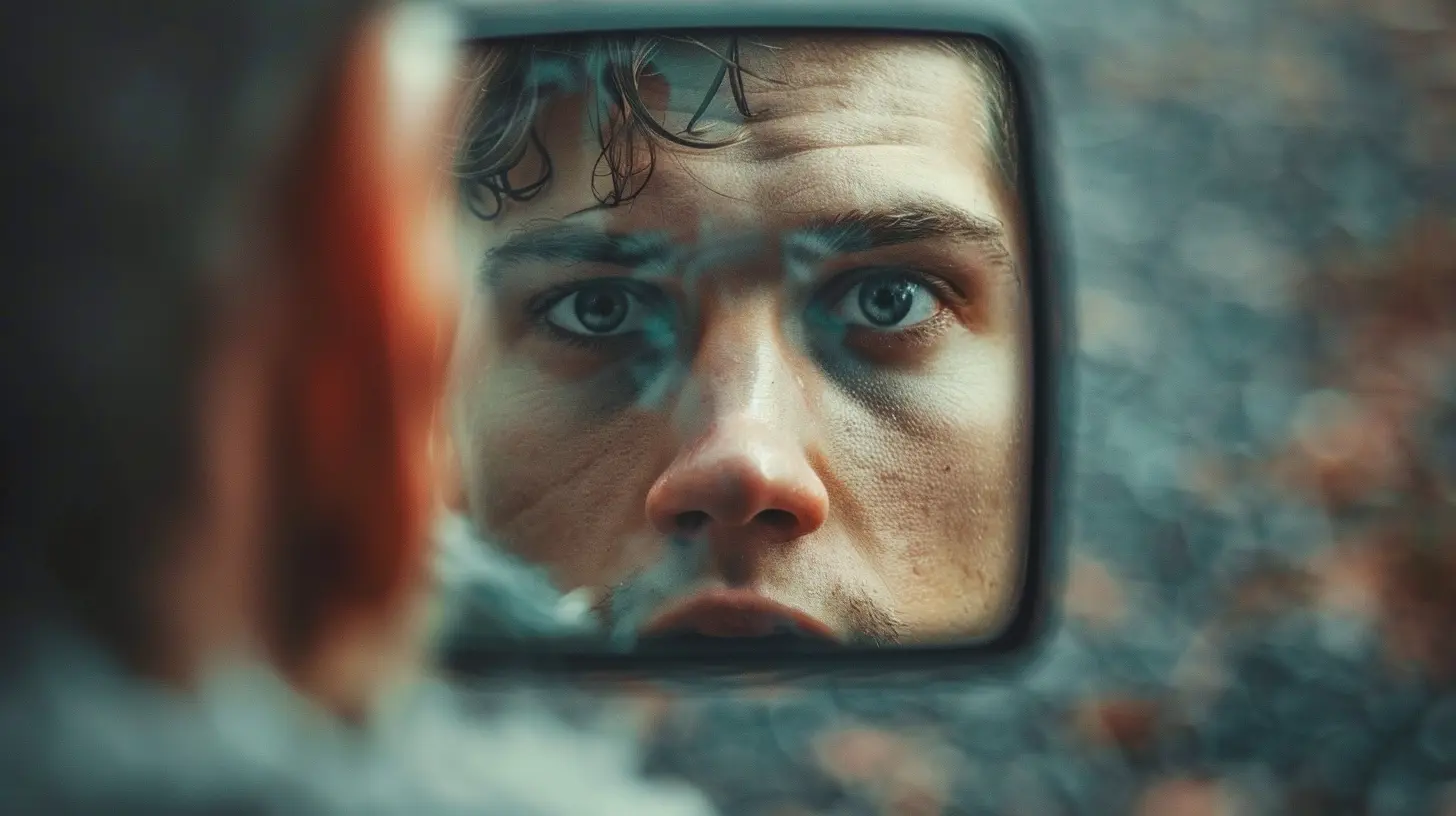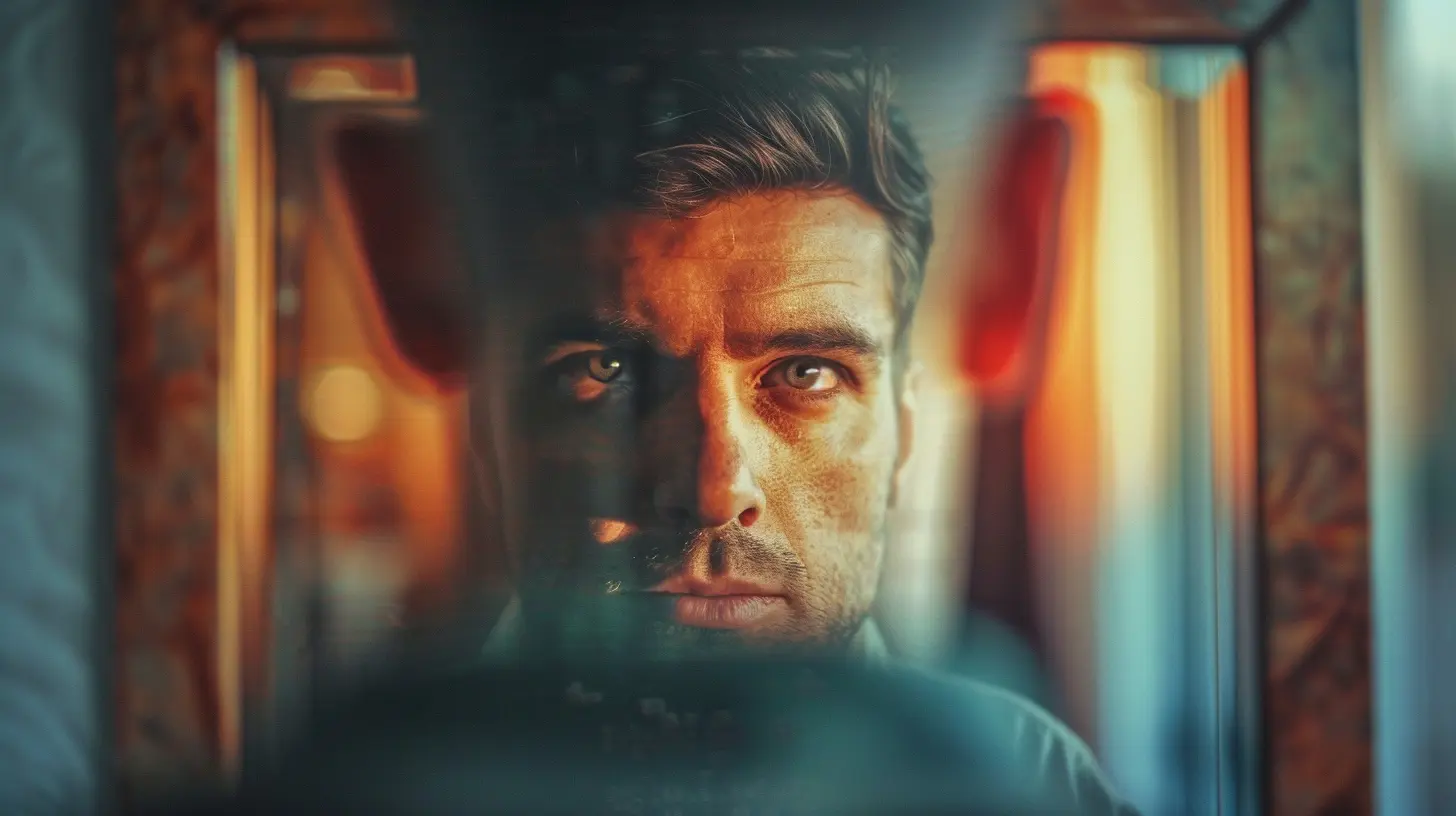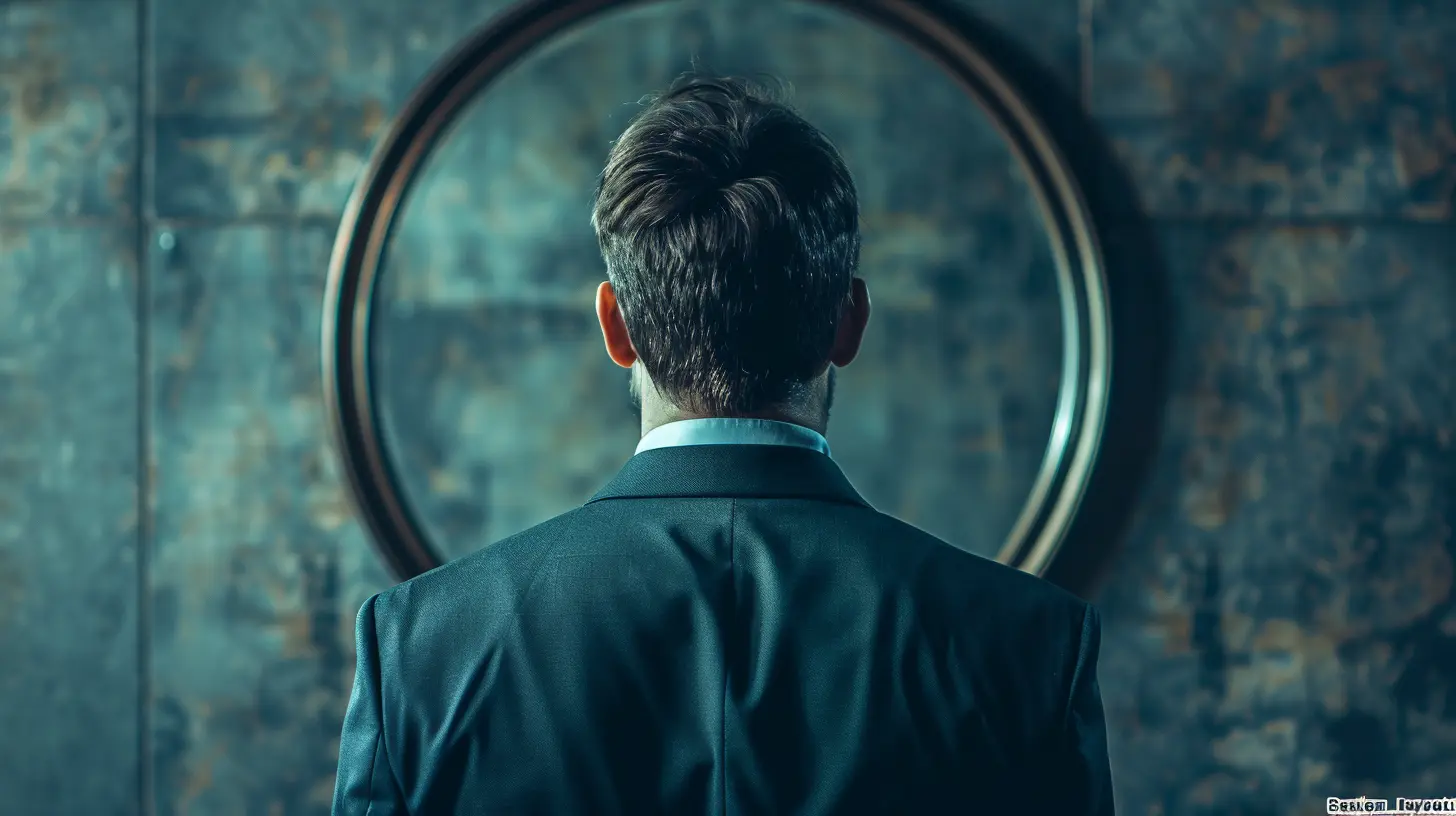Self-Awareness and Personal Accountability: Owning Your Actions
22 June 2025
Ah, self-awareness and personal accountability—two things that sound like a great idea… for other people. Because let’s be honest, it’s always easier to point fingers, blame circumstances, or just conveniently "forget" that we ever made a questionable decision in the first place. But if you’re here, maybe—just maybe—you're ready to face the uncomfortable truth: you are responsible for your actions. Yikes!
Don’t worry; this isn’t an intervention (unless you need one, in which case—surprise!). Instead, we’re going to take a hilarious yet brutally honest dive into what it really means to own your actions, why dodging responsibility makes you look ridiculous, and how embracing self-awareness can actually make life a whole lot easier.
So, grab a snack, settle in, and prepare to have your excuses dismantled one by one. 
What Is Self-Awareness? (A.K.A. Looking in the Mirror Without Flinching)
Let’s start with the basics. Self-awareness is essentially the ability to recognize and understand your own emotions, thoughts, and behaviors. It’s like having an internal narrator that watches your life and whispers, “Wow, that was dumb. Maybe don’t do that again.”Now, not everyone has this magical sense of self-reflection. Some people stomp through life making the same mistakes over and over, blaming everyone else for their misfortunes. These are the people who say things like:
- “I don’t know why I keep dating toxic people!” (Hint: You’re choosing them.)
- “Everyone at work is out to get me!” (Or maybe you’re just terrible to work with?)
- “It’s not my fault I overslept!” (Your alarm clock didn’t hit snooze eight times, you did.)
Self-awareness is about catching yourself before you become that person. It means taking a step back, analyzing your behavior, and—brace yourself—admitting when you are the problem. 
The Art of Personal Accountability (Or: Stop Blaming Mercury in Retrograde)
Personal accountability is the slightly less glamorous cousin of self-awareness. If self-awareness is recognizing your flaws, accountability is actually doing something about them. And let’s be real, most people would rather wrestle an alligator than admit fault.The world is full of master excuse-makers. You know the type:
- “It wasn’t my fault; I was just following orders.”
- “I didn’t mean to hurt you, so you can’t be mad.”
- “I didn’t have time.” (Even though they binged 12 episodes on Netflix.)
Owning your actions means owning all of them—yes, even the ones that make you cringe. It means saying, “Yep, that was my bad,” without deflecting, justifying, or dragging someone else into your mess. And let’s be honest, people respect those who take responsibility far more than those who constantly play the victim. 
Why Dodging Responsibility Makes You Look Ridiculous
Picture this: You spill coffee all over your coworker’s important documents. Instead of apologizing, you blame the coffee cup manufacturer for making a cup “too slippery.” Congratulations, you’ve now entered the Hall of Excuses, right next to the guy who blames his horoscope for his bad attitude.Avoiding accountability doesn’t make you innocent; it just makes you look like someone who can’t handle reality. And let’s face it, nobody likes working with or being around someone who never admits fault.
Think about it—would you trust a pilot who crash-landed a plane and then said, “Uh, yeah, that was 100% the wind’s fault”? Probably not. 
How to Actually Be More Self-Aware (Without Turning Into a Monk)
Okay, so now that we’ve established that blaming everyone else for your problems is a bad look, how do you actually become more self-aware? Don’t worry, no meditation retreats in the mountains required.1. Pay Attention to Your Patterns
If you keep finding yourself in the same bad situations, it’s not the universe conspiring against you—it’s your own choices. Start noticing patterns in your behavior and ask yourself: “Am I the common denominator here?”2. Accept That You’re Not Always Right
Shocking, I know. But here’s the thing—nobody is right all the time. The sooner you accept that you could be wrong, the easier it becomes to actually grow.3. Listen More, Defend Less
If multiple people are telling you that you’re difficult to work with, there’s a solid chance they’re not all part of some elaborate conspiracy—they might just be right. Instead of getting defensive, try listening.4. Own Your Mistakes (Without a Side of Justification)
A real apology doesn’t include “but.” You don’t get to say, “I’m sorry but you were being annoying.” No, just say, “I messed up,” and leave it at that. The world will not implode if you admit fault.5. Check Yourself Before You Wreck Yourself
The next time you feel the urge to blame something or someone else, pause. Ask yourself: Is there even a tiny chance that this is on me? Because if there is, congratulations—you’ve just leveled up in personal accountability.The Benefits of Owning Your Actions (Besides Not Looking Like a Clown)
Still not convinced? Fine. Let’s talk about what’s in it for you. Because if you truly embrace self-awareness and accountability, life actually gets better.1. People Respect You More
Nobody likes a serial excuse-maker. But when you own your actions, people see you as mature, trustworthy, and reliable. And guess what? That actually opens doors in both your personal and professional life.2. You Gain More Control Over Your Life
The second you stop blaming everything on external factors, you realize that you have control over your own destiny. Instead of whining about things, you start fixing them. Revolutionary, right?3. Less Drama, More Peace of Mind
When you stop pointing fingers, you naturally eliminate a lot of unnecessary drama from your life. No more mental gymnastics trying to justify bad behavior. No more playing the victim. Just owning your actions and moving forward like a functional adult. What a concept!So, Are You Ready to Own Your Actions?
At the end of the day, self-awareness and accountability aren’t just buzzwords—they’re life skills. Skills that, when mastered, can seriously upgrade your relationships, career, and overall happiness.But hey, if owning your actions sounds too exhausting, you could always just keep blaming Mercury in retrograde. Your call.
all images in this post were generated using AI tools
Category:
Self AwarenessAuthor:

Nina Reilly
Discussion
rate this article
2 comments
Martha McCall
Embracing self-awareness and personal accountability is a powerful journey toward growth. By owning our actions, we unlock the potential for transformation and resilience. Remember, every step taken in understanding ourselves brings us closer to our authentic selves and a brighter future!
November 11, 2025 at 5:11 PM

Nina Reilly
Thank you for your insightful comment! Embracing self-awareness and accountability truly paves the way for profound personal growth and transformation.
Sylas Mathews
Self-awareness cultivates the insight needed for personal accountability. By reflecting on our actions and their consequences, we empower ourselves to make intentional choices, fostering personal growth and healthier relationships. Embrace ownership!
June 23, 2025 at 2:58 AM

Nina Reilly
Thank you for your insightful comment! I completely agree that self-awareness is key to personal accountability and growth. Embracing ownership truly transforms our relationships and decisions.


